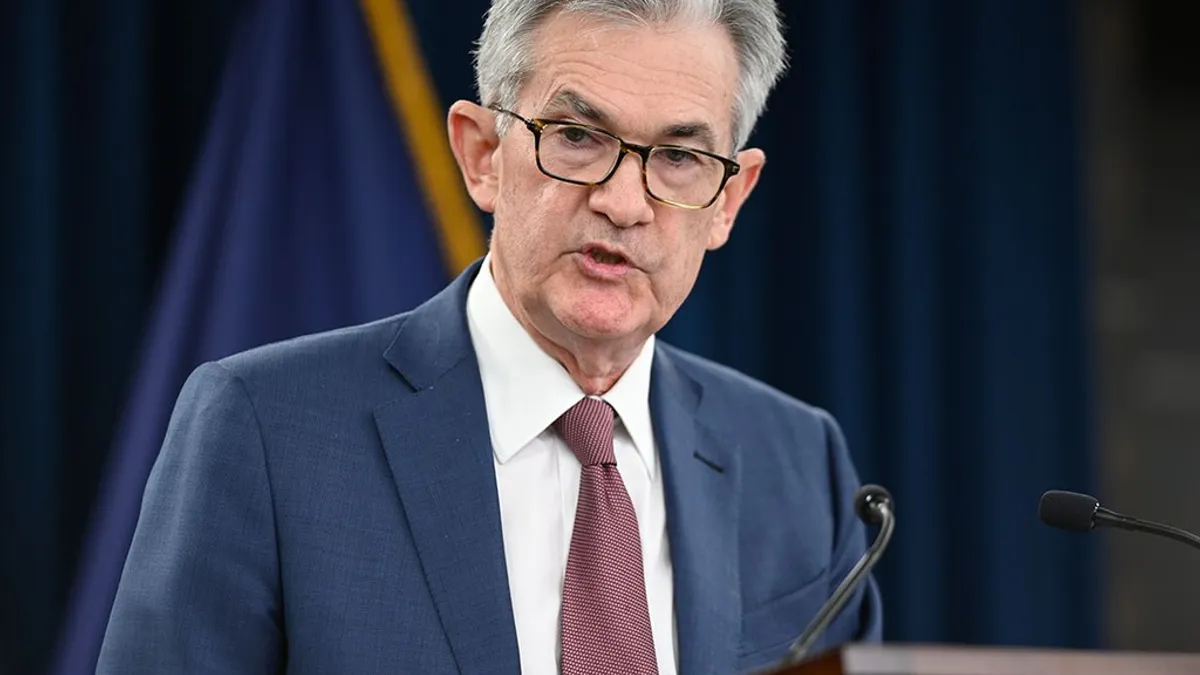Savi Technology CFO Jeff Friedman's role as a strategic partner to the CEO is paying off. His company is leveraging its defense contracting expertise to move further into the commercial sector with technology that helps companies improve their supply chains.
"Because of the history and expertise we have, we've been able to leverage that and enter [new] markets, so in addition to doing work for the government, we do a lot of work for Tier 1 global enterprises that are household names," Friedman said this week in a CFO Thought Leader podcast.
Savi's commercial supply-chain technology is based on a system it created in 2015 to capture and process Internet of Things (IoT) data from a mix of sources, including sensors and data feeds, informing companies where their supplies are at any given time.
"What we provide to our commercial customers is end-to-end global intermodal visibility," he said. "If a customer is shipping high-value goods from a plant to a customer site, whether the transportation mode is truck, rail or oceangoing vessel, we're able to not only pinpoint where shipment is at any given moment but also provide environmental data around the status of that shipment. We're also able to continually update predictive ETAs of the next destination, the shipment plan and ultimately its end destination."
This aspect of Savi's business — with its entrepreneurial, startup feel — is a radical departure from the company's roots in defense contracting, Friedman said. The company launched in 1989 as a logistics support provider using radio-frequency identification (RFID) technology to help the Defense Department.
Making the move from federal contracting to the commercial sector is always risky because of the vastly different dynamics of working under long-term government contracts compared with the fast-moving private sector. But Friedman, who started his career at former telecom giant MCI in the 1990s, and later worked in companies on both sides of the government-commercial divide, brought the strategic insight that Savi was looking for.
"When I was recruited by the CEO, we had lengthy conversations about what my role here would look like and we were in lock-step with me joining as a strategic CFO, not simply as a controller," he said. "My goal at Savi was to apply my experience running an early-stage venture fund and helping startups get from formation to seed stage to Series A to profitability and ultimately to exit so we can more effectively manage the growth curve of our company through its natural progressions."
Flexibility for forward focus
To Friedman, being a strategic CFO means, in addition to managing the accounting and finance function, getting involved in every operational aspect of the business. That includes having a say in manufacturing contracting relationships, government contracting, pricing and proposals for commercial contracts, and working with the marketing team to define the company's product portfolio and target markets.
He credits his finance and accounting staff for giving him the freedom to focus on the forward-looking aspects of his job. He's largely left in place the processes his staff uses, although he flipped around processes he thought were too top-down for the entrepreneurial, commercial side of the company.
"We were really looking at the organization from the bottom up, meaning, where are we spending money?" he said. "Are we deploying resources in the most effective way to be able to achieve our mission? Are we providing support to our colleagues in other functional areas, or are we getting in their way? It really wasn't changing horses; it was taking a step back and looking at what's the best way to have the finance function within the broader organization so we could fulfill our role and help everyone else fulfill theirs."
To stay on top of company performance, he says, he looks at typical daily metrics: accounts receivable, accounts payable, cash, the company's sales pipeline and status of contracts. He also looks at the evolving sales pipeline and the number of days it takes to close a deal. In addition, he pays attention to the number of days it takes to close follow-on opportunities to existing customers, job profitability by customer, and acquisition costs of each customer.
"I'm not sure some of those things were necessarily a significant focus previously, but as we go forward, it's something we're starting to look at more to make sure we're efficiently using the resources we have to grow the company as aggressively as we can," he said.
Friedman says one of the insights he's gleaned over the years comes from his time at MCI. He and others in the corporate ventures group talked to analysts on Wall Street about where they saw wireless technology going in the years ahead. All of the analysts predicted growth of about 25% over the next decade or so, but one of the analysts had a different take: He said the technology would explode because it would change fundamentally the way people live their lives.
"Every kid in the country is going to have one of these things [phones], and you're going to be talking to your grandmother while you're standing in line at Starbucks," he quoted the analyst as saying. The lesson, he said, is to be alert to how conventional wisdom can miss the mark.
One piece of conventional wisdom that hasn't missed the mark, though, is for CFOs, no matter how much they focus on strategy, to stay in touch with the fundamentals of their profession.
"I know how fortunate I am to have the opportunity to perform in the strategic CFO function, but the more technical knowledge you have at a fundamental level, the more successful you’re going to be, because the foundation of the decisions you're making are going to be far more sound," he said.





















